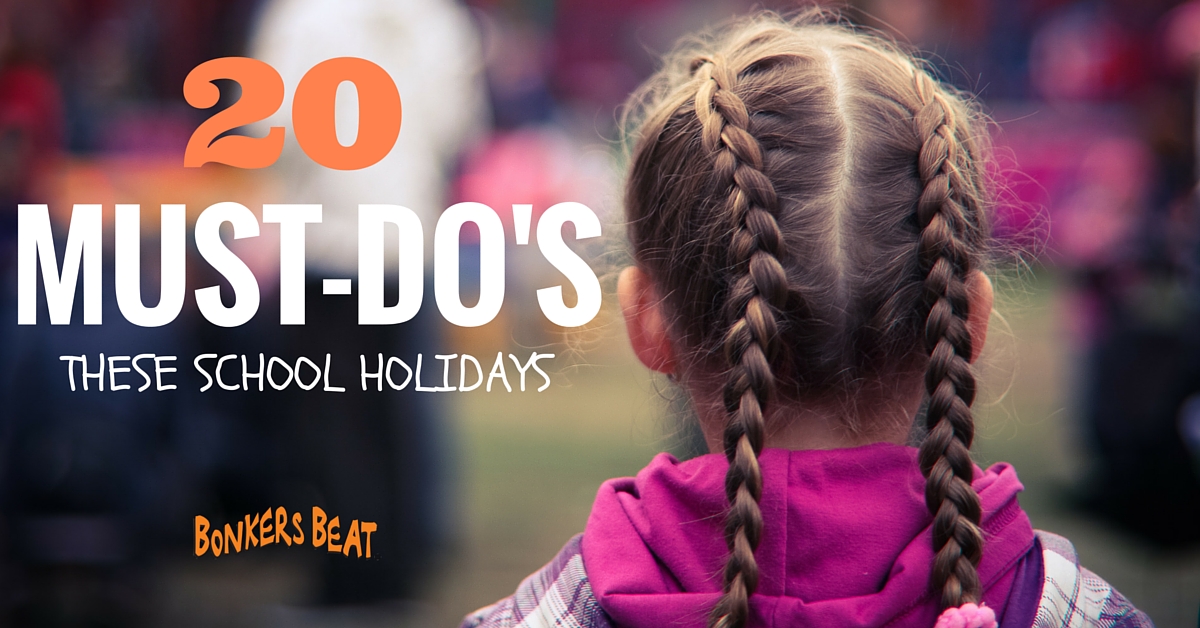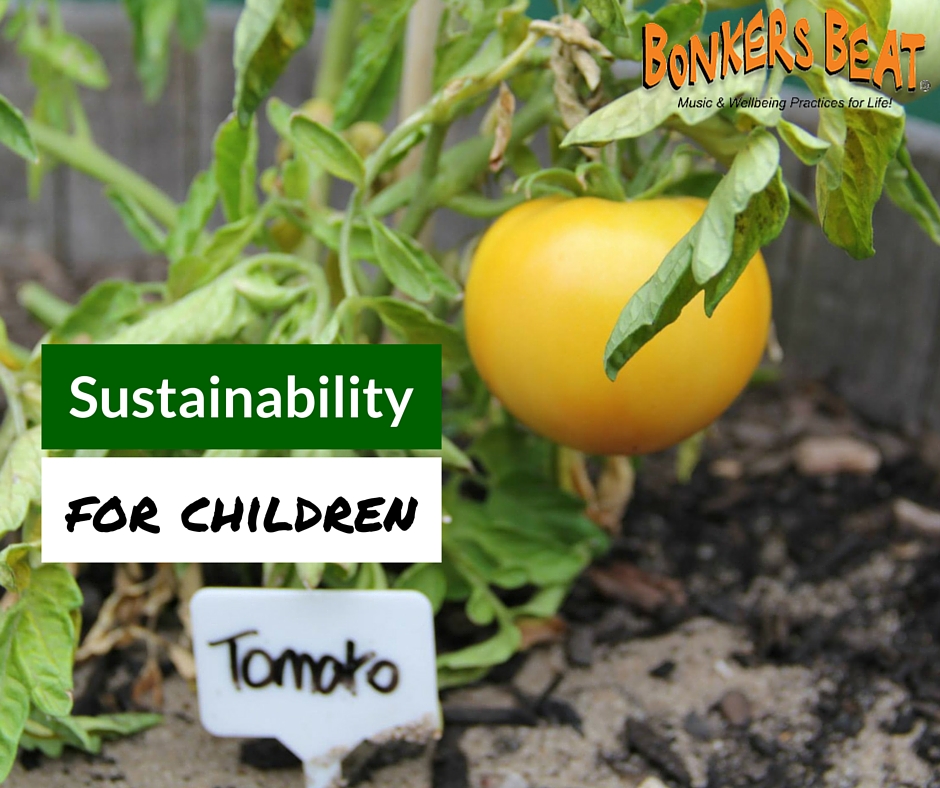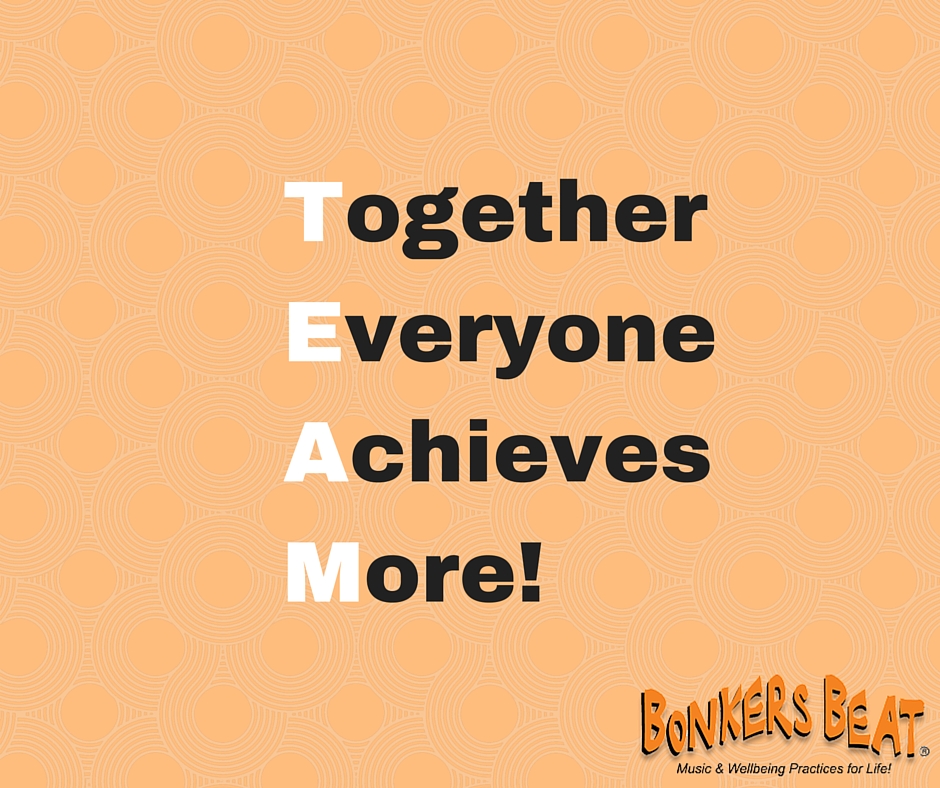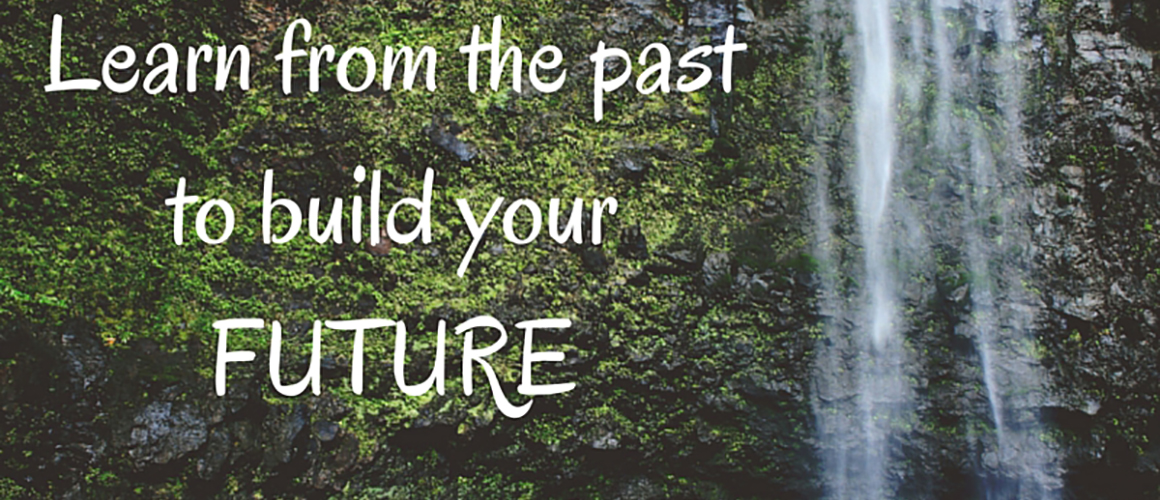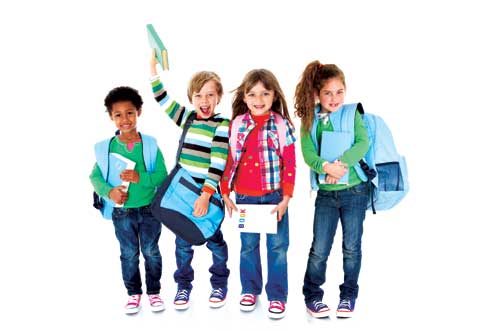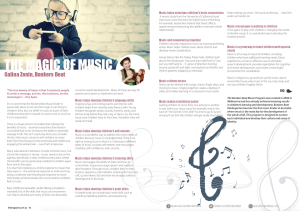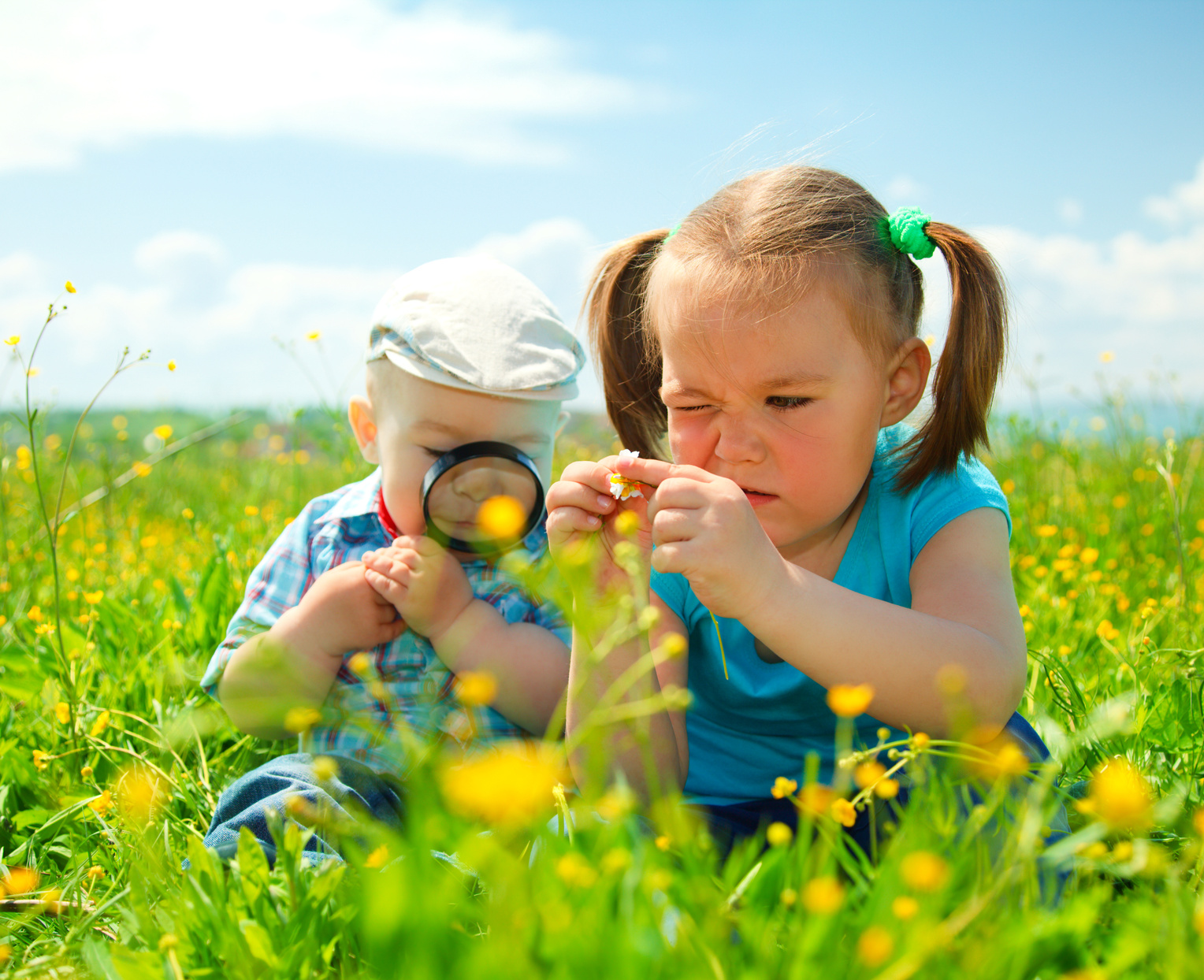School holidays can be fun, but by all accounts, the best way to ensure the school holidays don’t drive everyone crazy by the end is to have a plan!
It can be particularly challenging for working families who can’t get time off over the holidays and may not have a support network for taking care of their child/ren, however there are many school holiday programs that offer fantastic experiences for children.
To help make these school holidays easy and enjoyable, we’ve compiled a list of 20 things to do over the break – we’ve split them into four categories to make it even easier: INSIDE, OUTSIDE, ADVENTURE and QUIET TIME. Best of all, most of our suggestions won’t break the bank.
INSIDE
- Make something yummy to eat – sweet cupcakes or savoury pizza
- Get dressed up and dance to music or role play
- Art and craft – paper, glue, pencils, feathers, wool etc. Self portraits can be fun!
- Build a fort/cubby under a table
- Do a room clean out and discover some forgotten toys
OUTSIDE
- Have a picnic (real or pretend) in the backyard or at a nearby park or beach
- Fly a kite (learn how to make a DIY kite here)
- Get gardening – weeding can be fun, or try planting some herbs
- Create a scavenger hunt – Kidspot has a great nature treasure hunt list
- Play ball
ADVENTURE
- Visit the zoo
- Head to the library (you can sign up and take books home or just check it out)
- Catch a train or bus (the destination can be a park, cafe, beach – anywhere!)
- Visit a shopping centre (do some research as many have great free activities!)
- Go for a nature walk and try to spot some wildlife
QUIET TIME
- Get comfy and do some reading
- Play a card game (snap or go fish with playing cards, or Uno or memory)
- Watch a movie – an old favourite or something new
- Tackle a jigsaw puzzle
- Play a boardgame
Hopefully our school holiday activities list comes in handy for a quick reference guide these school holidays! You could even write the activities down and get children to pick one out of a hat or container when the “I’m bored” begins!
If you do find that everyone needs to relax a little, we always recommend some quiet deep breathing in a quiet place – get started with basic mediation with children with our tips here.

